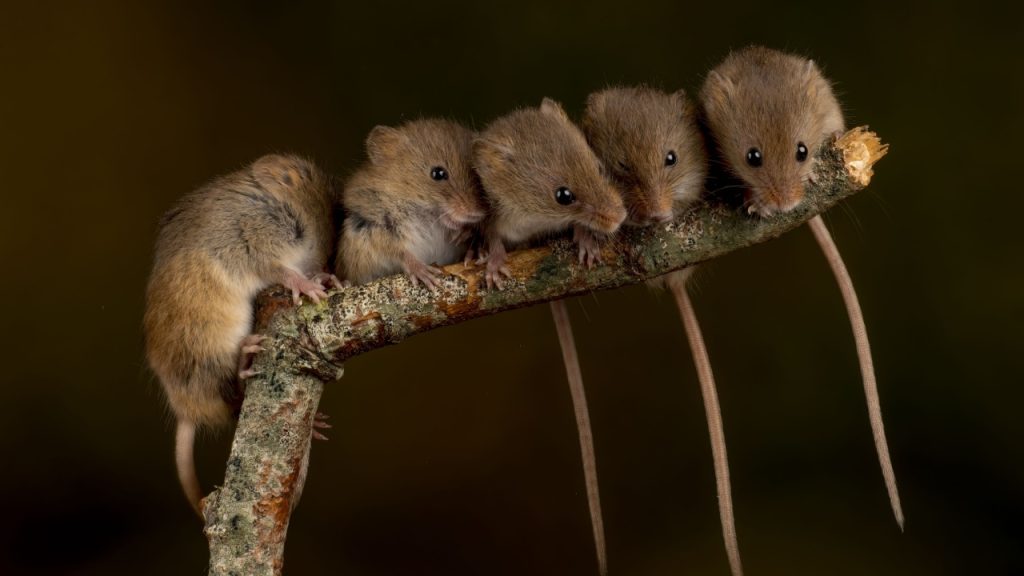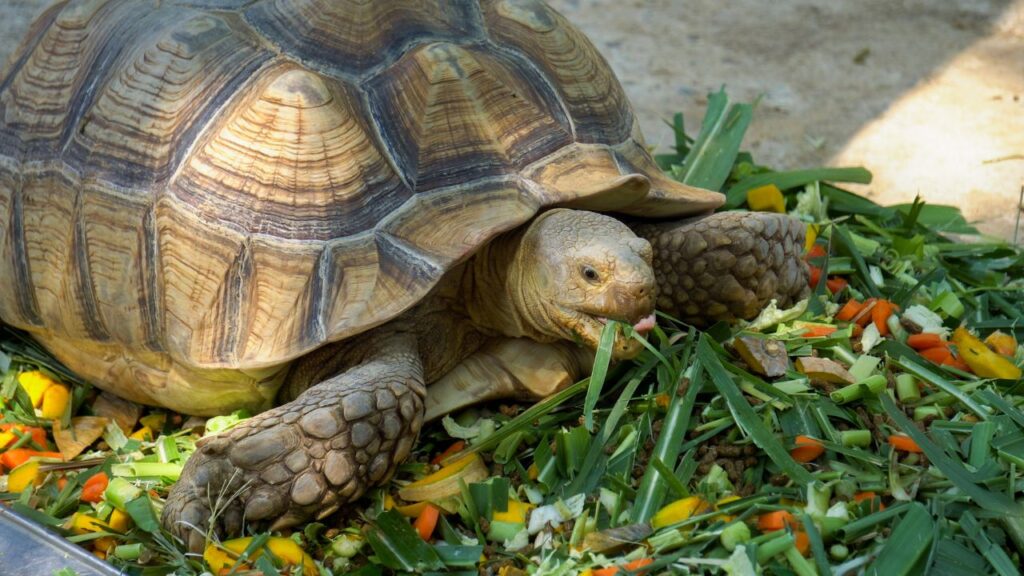We often get excited about the animals with the animals with the longest lifespans and how remarkable they are. But what the animals that have the shortest lives? These creatures are equally as amazing in their own way. They create full lives – make homes, find a mate, reproduce, find food, and complete their whole lifecycle in sometimes as little as a few months. I feel like those creatures also deserve our admiration and respect as they work tirelessly for survival in such a short time span. From tiny rodents to larger creatures, some mammals pack their entire existence into just a few years or even months.
Etruscan Shrew
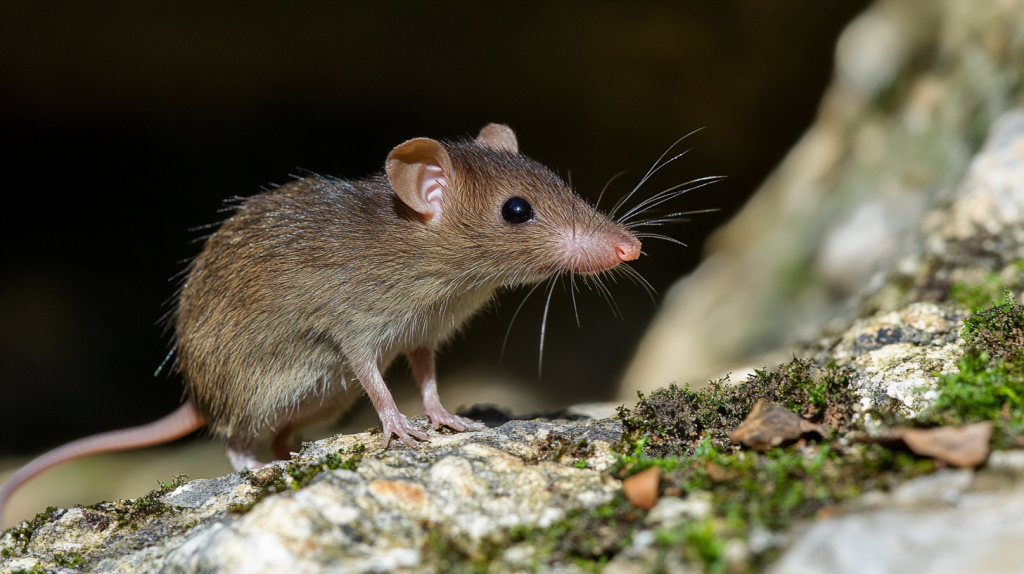
The Etruscan shrew holds the title for the smallest known mammal by mass. These tiny creatures live for only about two years in the wild. Their fast-paced lifestyle, with hearts beating up to 1,500 times per minute, contributes to their short lifespan. Despite their brief existence, Etruscan shrews integral to controlling insect populations in their habitats.
Mouse Lemur
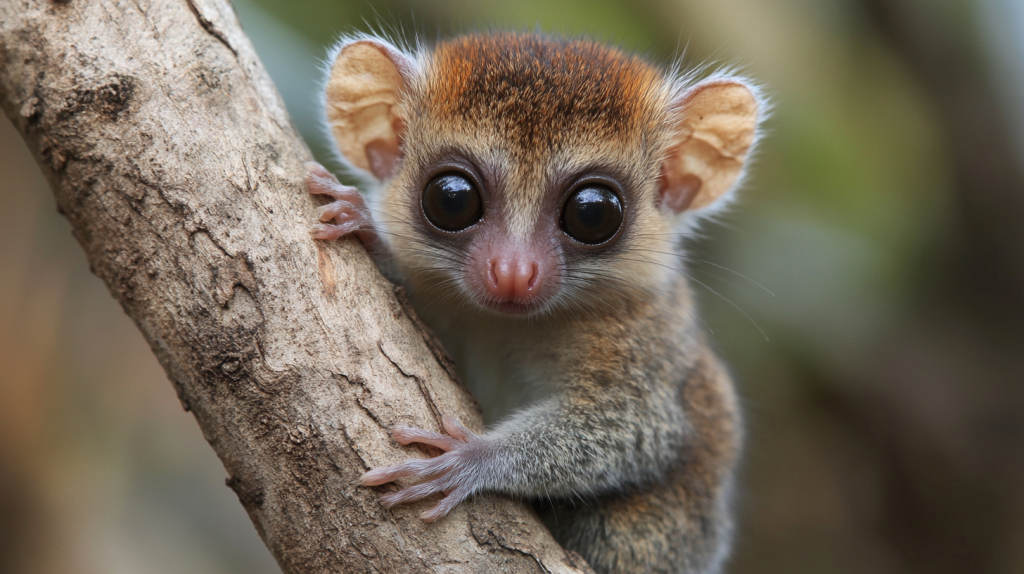
Mouse lemurs, the world’s smallest primates, typically live for 5-6 years in the wild. These nocturnal creatures from Madagascar pack a lot of living into their short lives. They’re known for their large eyes, which help them navigate the dark forests they call home.
American Pygmy Shrew
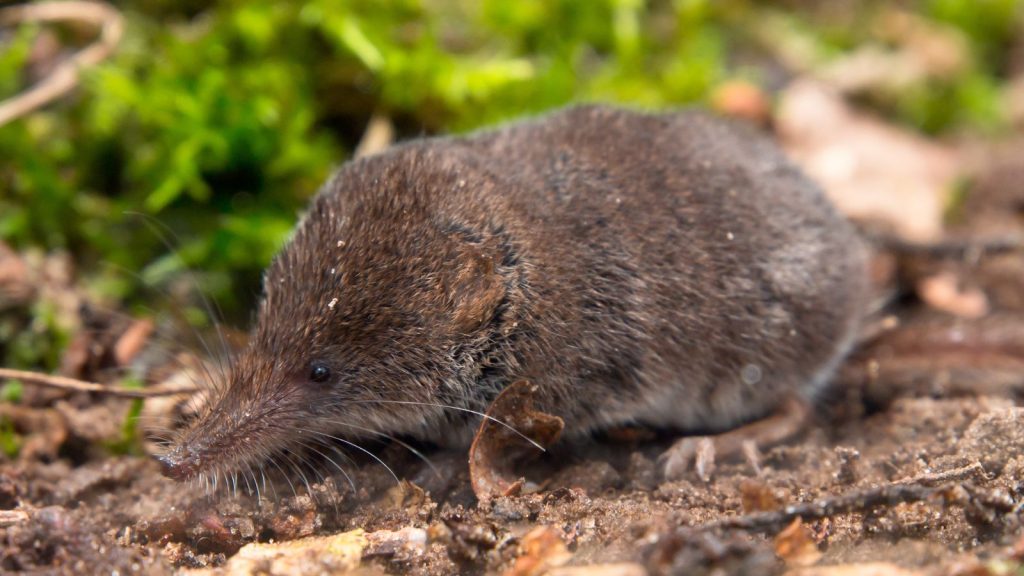
The American pygmy shrew has a lifespan of about 1.5 years. These tiny mammals have incredibly fast metabolisms, requiring them to eat almost constantly to survive. Their high-energy lifestyle contributes to their short but active lives in North American forests and grasslands.
Vole
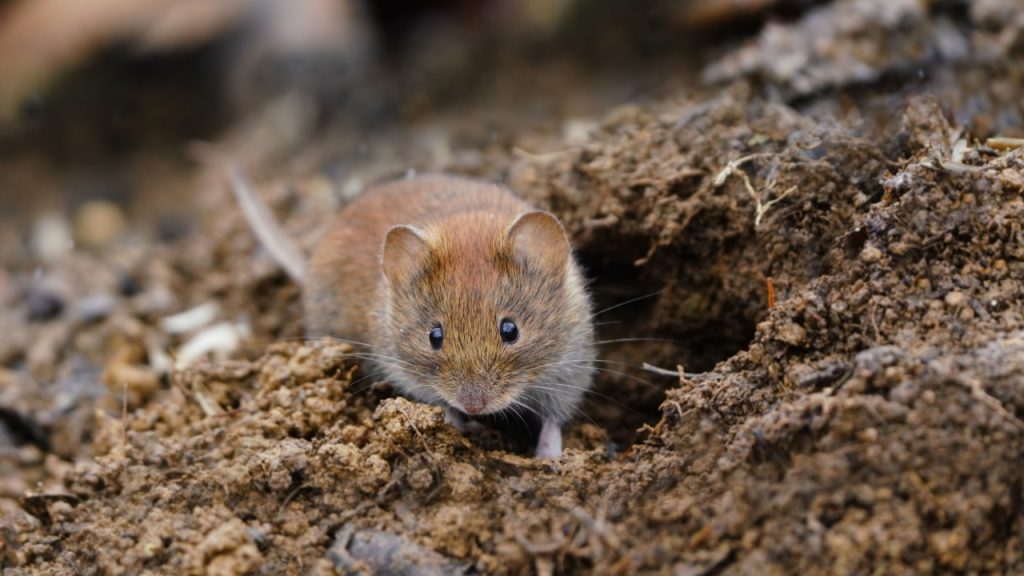
Voles, small rodents resembling mice, typically live for about 3-6 months in the wild. Their short lives are filled with activity as they create complex tunnel systems and reproduce rapidly. Voles play an important role in their ecosystems as prey for many predators and by aerating the soil through their burrowing.
White-Footed Mouse
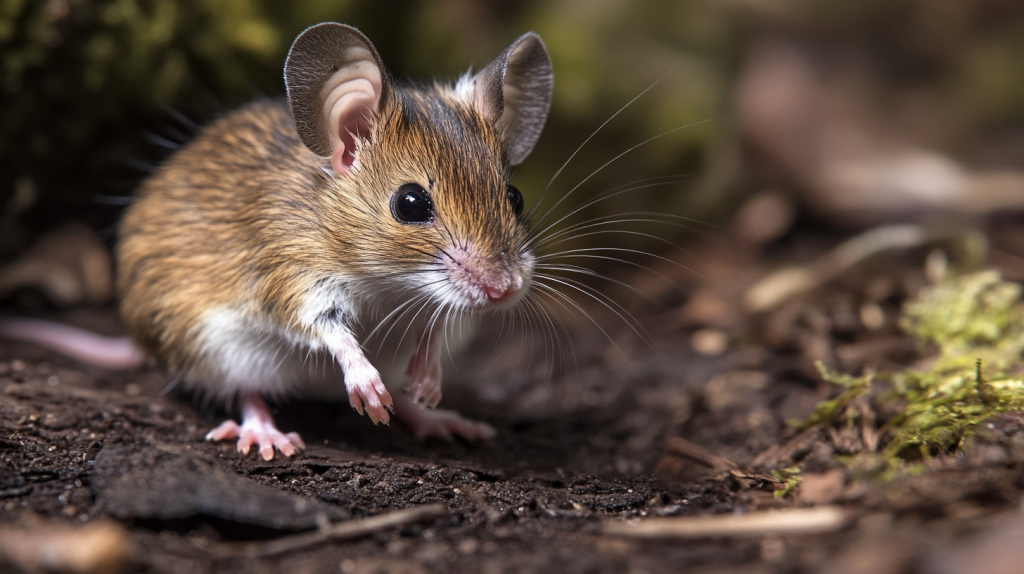
White-footed mice have a lifespan of about one year in the wild. These small rodents are found across North America and are known for their adaptability to various habitats. Despite their short lives, they are critical for seed dispersal and as a food source for many predators.
Degu
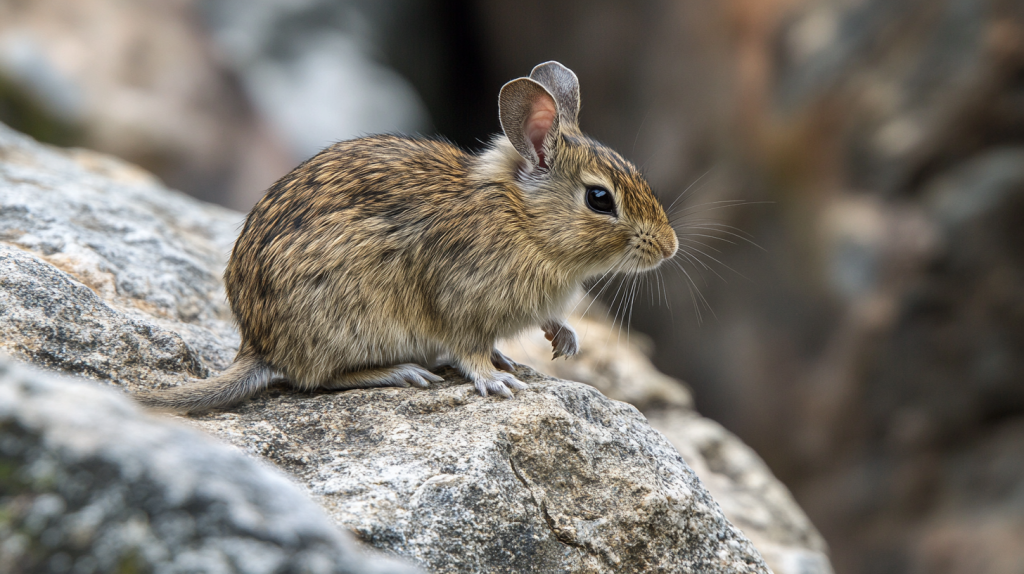
The degu, a small rodent native to Chile, lives for about 5-8 years. These social animals form complex communities and are known for their intelligence. Degus have become popular as pets due to their friendly nature and relatively longer lifespan compared to other small rodents.
Mongoose
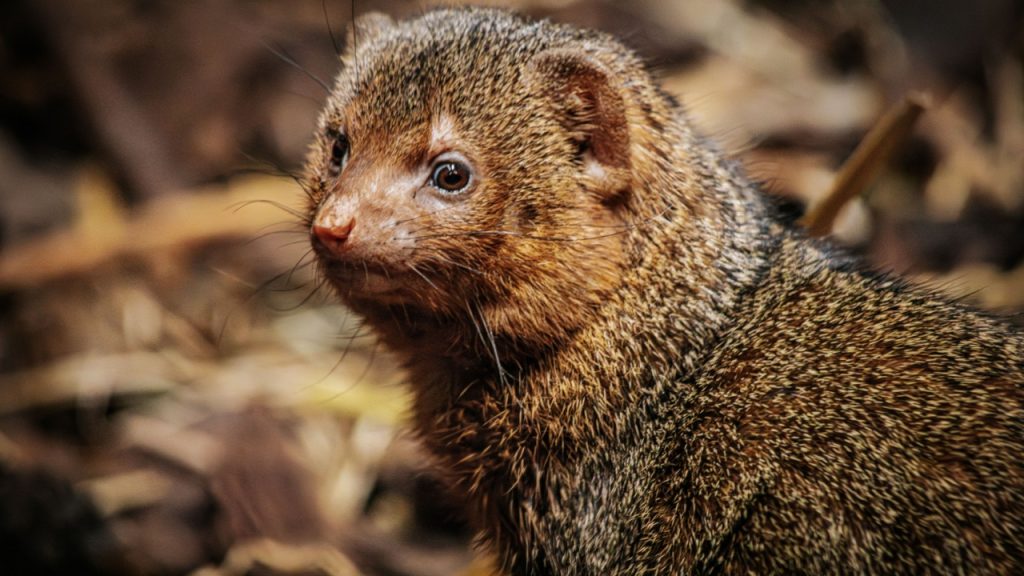
Most mongoose species live for about 6-10 years in the wild. These small carnivores are known for their bravery, often taking on venomous snakes. Despite their relatively short lives, mongooses have a significant impact on their ecosystems by controlling populations of small prey animals.
Hamster

Hamsters typically live for 2-3 years in captivity, with even shorter lifespans in the wild. These popular pets pack a lot of personality into their brief lives. In their natural habitats, hamsters play important roles in seed dispersal and as prey for larger animals.
House Mouse
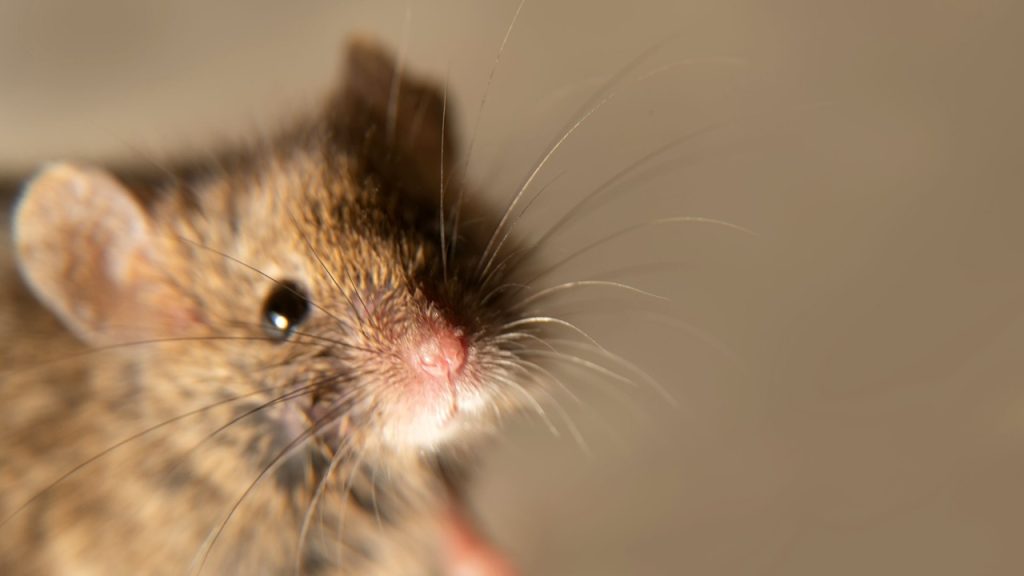
House mice have a lifespan of about 1-2 years in the wild. These adaptable rodents have spread across the globe, living alongside humans. Despite their reputation as pests, house mice play important roles in many ecosystems and have contributed greatly to scientific research.
Meadow Vole
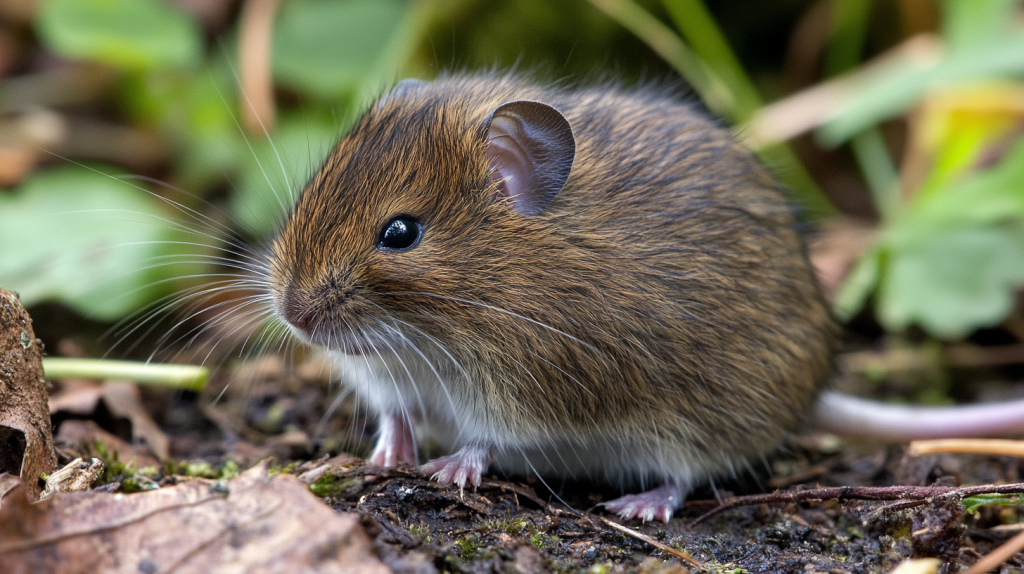
Meadow voles typically live for 3-6 months in the wild. These small rodents are known for their rapid reproduction rates, which help maintain their populations despite their short lifespans. Meadow voles serve as prey for many predators and are important for dispersing seeds.
Short-Tailed Opossum
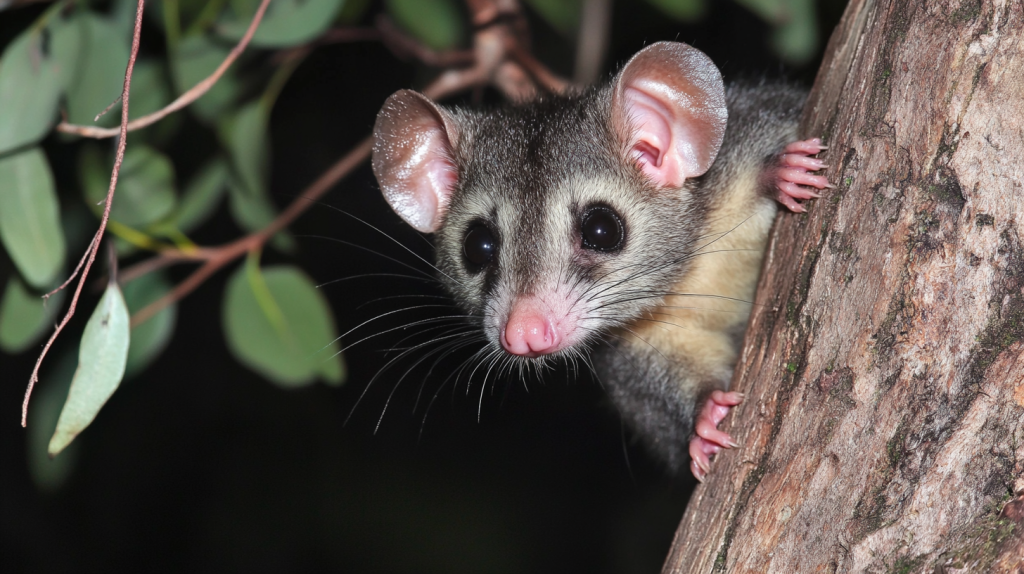
Short-tailed opossums have a lifespan of about 2-3 years. These small marsupials are native to South America and are known for their prehensile tails. Despite their short lives, they play important roles in controlling insect populations and dispersing seeds in their habitats.
Northern Short-Tailed Shrew
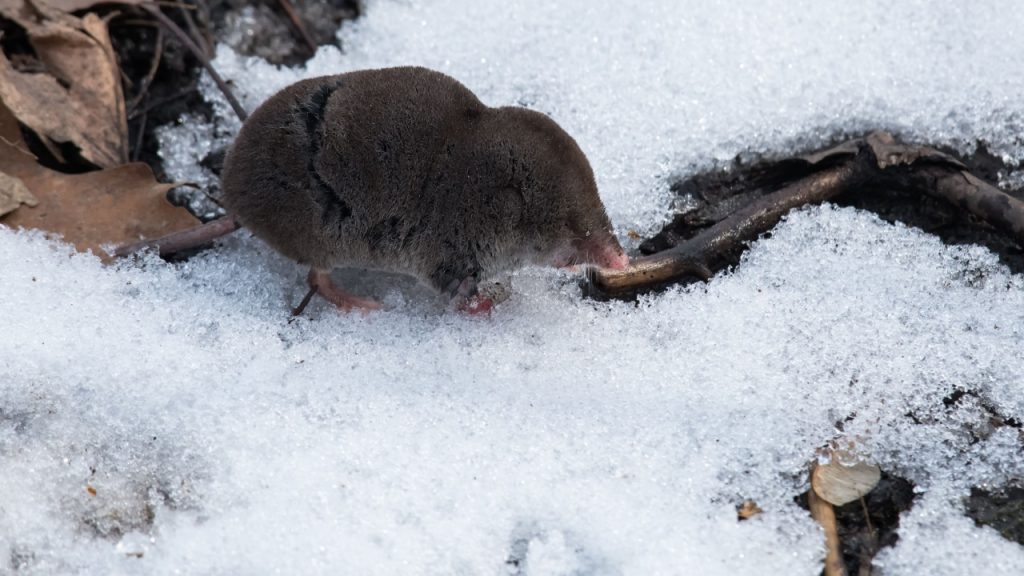
The northern short-tailed shrew lives for about 1-2 years in the wild. These small mammals are known for their venomous saliva, which they use to paralyze prey. Their short but impactful lives involve consuming large quantities of insects, worms, and other small animals, making them important regulators of invertebrate populations.
Deer Mouse
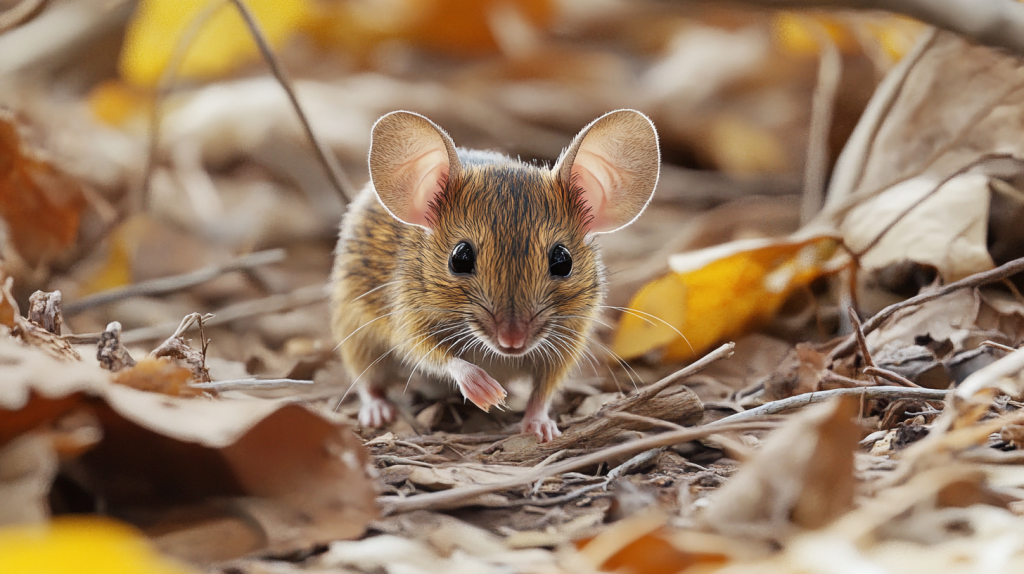
Deer mice typically live for about 1-2 years in the wild. These small rodents are found across North America and are known for their agility and jumping ability. Despite their short lives, deer mice vital for seed dispersal and as prey for many predators.
European Shrew
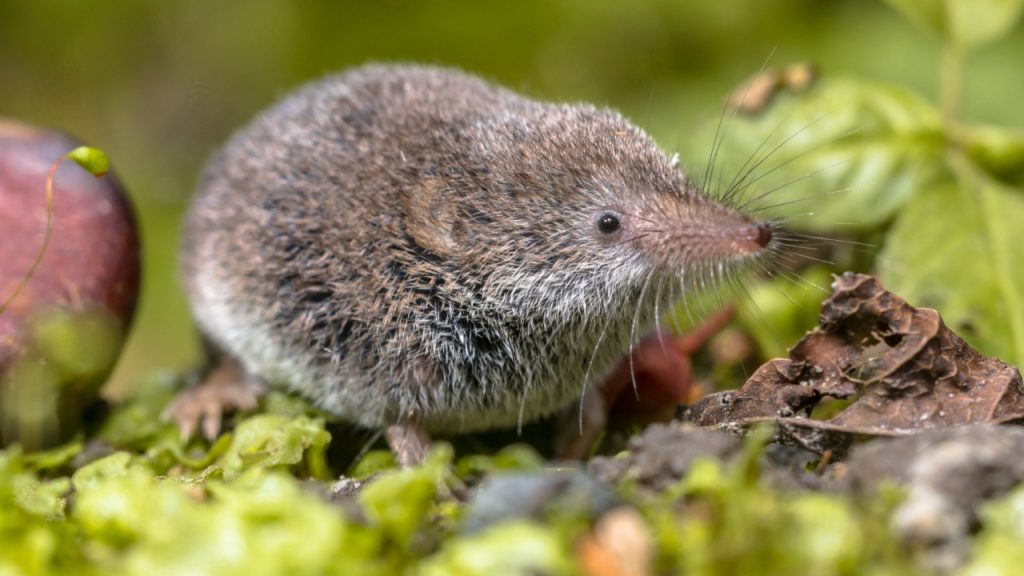
European shrews have a lifespan of about 1.5 years. These tiny insectivores have incredibly high metabolisms, requiring them to eat almost constantly. Their short but busy lives involve consuming large quantities of insects, making them important controllers of invertebrate populations in their habitats.
Harvest Mouse
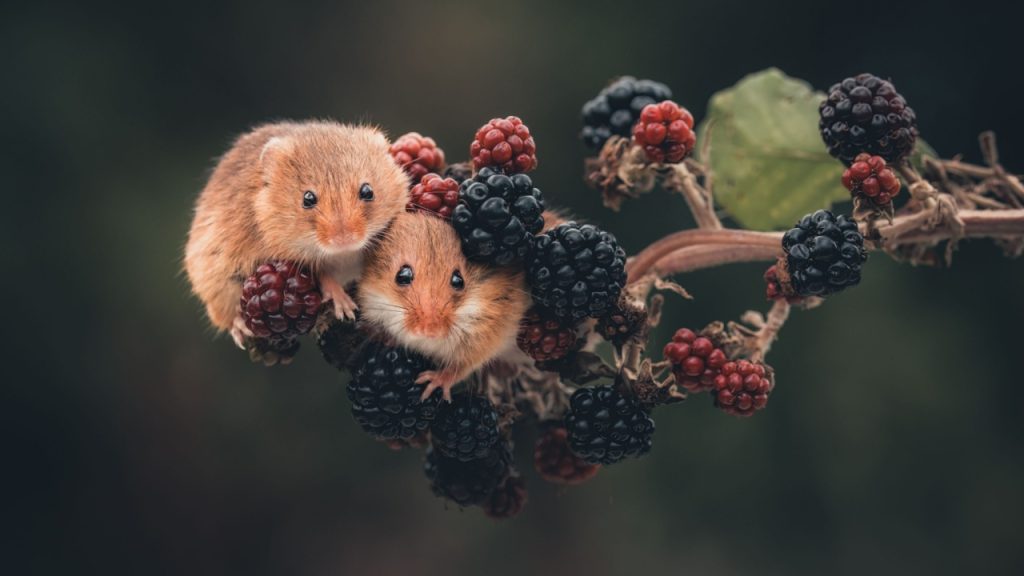
Harvest mice typically live for about 18 months in the wild. These tiny rodents are known for their excellent climbing skills and their habit of building elaborate nests in tall grasses. Despite their short lives, harvest mice play important roles in seed dispersal and as prey for many predators.

